By Donna Sabis-Burns, Rachel Skrlac Lo, and Casey O'Donnell on behalf of the CLA Breakfast Committee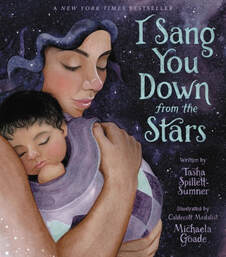
Looking out the window we begin to see the slight change in color of the fall foliage, a brisker feel to the air, and school busses carrying students to their not-so-new-normal classrooms. Apples, pumpkins, and “Indian” corn are appearing in the grocery store aisles. The gift of autumn is here. One highlight of this time of year is the NCTE Annual Conference held in November. Under “normal” circumstances, the Children’s Literature Assembly Breakfast is held in person as part of that gathering. While we will not be able to meet in person this year, the CLA Breakfast will be offered as a live event during the conference. In anticipation of our session, we are sharing about some of the most prolific, wonderful Indigenous multiple award-winning storytellers from across the Four Directions.
Cynthia Leitich-Smith (Muscogee Creek), Traci Sorell (Cherokee Nation), Michaela Goade (Tlingit), Carole Lindstrom (Metis), and Kevin Maillard (Seminole Nation) will make up this year’s Breakfast speaker panel. They will offer insight into their creative writing process, share their newest work, and offer some candid thoughts on how being Indigenous has strengthened their entire literature experience. These storytellers celebrate #OwnVoices in the here and now. They offer counter stories to highlight the dynamism of Native American and Alaska Native communities for all ages. During a conversation with them in February 2021, we discussed the joys of reading and storytelling and reflected on the importance of celebrating the rich legacy of Native experiences that influence contemporary society. Native American, American Indian, or Indigenous peoples (terms used interchangeably) make up the 575+ federally recognized tribes and 200+ state-recognized tribes, much diversity exists across this Indigenous landscape in the United States. To celebrate this diversity, in this post, we will share with you the newest works from these amazing storytellers, including samples of teacher guides, links to audio-books, artwork, and other storytelling materials to share both in and outside of the classroom. Teachers strive to create an environment for children that is all-embracing because they know that when children feel accepted, they will be happy, healthy, and confident members of society. This spirit of inclusiveness should permeate not only the social dynamic of the classroom, but the teaching materials as well. Children’s books that are endowed with social justice themes and multicultural issues provide a much richer reading experience than texts with homogeneous characters and unchallenging stories. The stories shared by these authors and illustrator offer many ways to enlighten students of all ages to the diverse books, cultural nuances, and traditions that Indigenous people bring to the table. Check out these teacher resources for a glimpse into the rich world of native storytelling. Activity Kits and Teacher Guides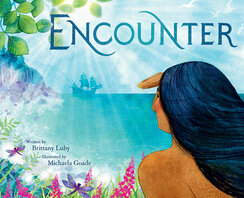
When students encounter texts that feature characters with whom they can connect, they can see how others are like them and how literature can play a role in their lives. If students can feel connected to books, not only will they be more apt to obtain the intrinsic motivation to increase the amount of reading they do, but they will also begin to feel more accepted as strong and unique members of society and to become less vulnerable to negative stereotyping and feelings of oppression. It is the hope of our storytellers that these resources be shared with all students, to demonstrate not only resiliency and determination, but also joy and grace within the texts and illustrations to take them to places they have never seen or heard of before. Below are are some video and audio resources related to some of the works of our storytellers.
Video & Audio Resources
We are obligated to educate our youth with a clear lens and to teach the richness of realistic, authentic, and contemporary literature for children and young adults. We need to promote books where Indigenous characters are up front and visible, not hidden or pushed aside. We want to highlight in a bold, distinguishable manner characters and stories that unveil and promote the beauty of diverse literature written/illustrated by and for Native Nations (also called Indigenous people and used interchangeably here when the specific Nation is not known), and all other marginalized groups. The storytellers highlighted here, and across the land, provide a glimpse of the wonderment and beauty that present-day and historical Indigenous culture and traditions bring to the literature landscape.
Come celebrate with us at 9 am (EST) on November 21, 2021 at the CLA Breakfast at NCTE! There will be great conversation and book giveaways!
Donna Sabis-Burns, Ph.D., an enrolled citizen of the Upper Mohawk-Turtle Clan, is a Group Leader in the Office of Indian Education at the U.S. Department of Education* in Washington, D.C. She is a Board Member (2020-2022) with the Children's Literature Assembly, Co-Chair of the Diversity, Equity, and Inclusivity Committee, and Co-Chair of the 2021 CLA Breakfast meeting (NCTE).
Rachel Skrlac Lo is an Assistant Professor at Villanova University. She is a Board Member (2020-2022) with the Children's Literature Assembly, Co-Chair of the Diversity, Equity, and Inclusivity Committee, and Co-Chair of the 2021 CLA Breakfast meeting (NCTE). Casey O'Donnell is a graduate student in the Masters Plus Teacher Certification Program at Villanova University.
*The views expressed herein do not necessarily represent the positions or policies of the U.S. Department of Education. No official endorsement by the U.S. Department of Education of any product, commodity, service, or enterprise mentioned herein is intended or should be inferred.
BY DONNA SABIS-BURNS
We are obligated to educate our youth with a clear lens and to teach the richness of realistic, authentic, and contemporary literature for children and young adults. We need to promote books where Indigenous characters are up front and visible, not hidden or pushed aside. We want to highlight in a bold, distinguishable manner characters and stories that unveil and promote the beauty of diverse literature written/illustrated by and for Native Nations (also called Indigenous people and used interchangeably here when the specific Nation is not known), and all other marginalized groups.
The movements of #OwnVoices and #WeNeedDiverseBooks have elevated the bar by offering a deeper focus and expanded landscape for celebrating the intricacies that Native storytelling brings to the table. Much too often, books featuring Indigenous people are only pulled off the shelf in October (Columbus) and November (Thanksgiving/Native Heritage Month). Well, it is March/April and I am pleased to share with you some resources you may want to check out and bookmark this spring to break that cycle. This blog post features a few rich and informative web pages, the American Indian Literature Awards (AILA), a shout out to an award-winning #OwnVoices book, and other informative and fun resources that highlight the resilience, authenticity, and beauty in literature through a kaleidoscope of traditions representative of the vast diversity across Indian Country. Native Cultural LinksHeartdrum
What is impressive about this site is its refreshing approach to much-needed stories about Indigenous, contemporary young heroes and heroines. These heartfelt accounts are reflective of the many different Nations of a modern United States and Canada. This is a breath of fresh air because it does not perpetuate the notion that Indigenous peoples are not around anymore. Do not get me wrong, there is a definite need for authentic, truthful history stories of Native Nations, but it is truly wonderful to be able to share a good story about real time people in real time situations in a modern setting. This is a new resource that is just getting off the ground and it already has some exquisite stories to share with you.
Oyate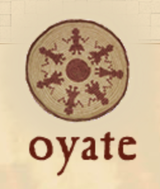
Oyate.org is a small but mighty Indigenous organization working to share the life and histories of Indigenous people with the utmost level of honesty and integrity. This is a resource that serves as a portal into the past and is reflective of today’s society where diverse, #ownvoices books are most necessary. Oyate, appropriately named after the Dakota word for “people,” believes that the world is a healthier place when there is a better understanding and respect for one another and when history is truthfully acknowledged. They aim to distribute literature and learning materials by Indigenous authors and illustrators, provide critical evaluation of books and curricula with Indigenous themes, and offer workshops “Teaching Respect for Native Peoples.” They also have a small resource center and reference library that can be very useful for any educator or parent (or youth for that matter). Since the pandemic, the store portion of the site is temporarily not working at full capacity, but there are many other fine choices for you to peruse and enjoy.
American Indians in Children’s Literature 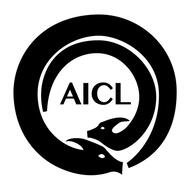
We cannot mention websites about literature featuring Indigenous people without showcasing the American Indians in Literature (AICL) website. Established by Dr. Debbie Reese of Nambé Pueblo, and later joined by Dr. Jean Mendoza as co-editor, the AICL website provides a critical analysis of the presence of Indigenous peoples in children's and young adult books and so much more. This website is like walking into a bakery with so many wonderful choices it is hard to decide what to try first. It has been around for 15 years and is most certainly more than just a place to find a list of best books. You can discover Indigenous authors and illustrators in the Photo Gallery section, or maybe you’d rather learn tips for creating instructional materials featuring different Native nations. You can even research what books you should NOT be sharing out there. It is really a gem of a resource.
Book Award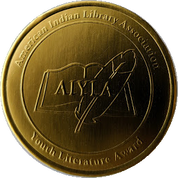
AILA Youth Literature Award
Did you know there is an award specifically for literature featuring Indigenous people? Since 2006, the American Indian Library Association (AILA) biennially considers the finest writing and illustrations by Indigenous peoples of North America for the AILA Youth Literature Award. AILA identifies and honors works that “present Indigenous North American peoples in the fullness of their humanity.” Winners and Honor Books are selected in the categories: Best Picture Book, Best Middle Grade Book, and Best Young Adult Book. If you ever need a resource for choosing quality literature, make sure you visit the American Indian Youth Literature Award web page. For those not familiar with this organization, AILA is an affiliate of the American Library Association and it is devoted to disseminating information about Indigenous cultures and languages to the library community and beyond. Check out the video for the 2020 Award winners. Did you know?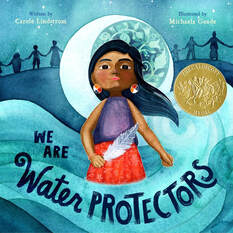
Caldecott Winner
Congratulations to illustrator Michaela Goade (Tlingit) for her 2021 Caldecott Award winning book, We are Water Protectors (2020), authored by Carole Lindstrom (Turtle Mountain Band of Ojibwe). Goade is the very first Indigenous winner of this prestigious award. With Earth Day around the corner, this would be a fabulous book to share. There is even a We are Water Protectors Activity Kit!
Read Native 2021 Reading Challenge
The “American Indian Library Association invites you to participate in the inaugural reading challenge. With this challenge we support and recognize our Indigenous authors, scientists, legislators, storytellers, and creators throughout the year, not just during the national Native American Heritage month.” Here is a fun reading challenge to engage readers of all ages. Final Words
Throughout the year, find and read books and publications by and about Native Americans; visit tribal websites; search peer reviewed scholarly journals; visit Native-owned bookstores; and check with Native librarians for the best sources for learning more about Native Nations and Indigenous people around the world.
Donna Sabis-Burns, Ph.D., an enrolled citizen of the Upper Mohawk-Turtle Clan, is a Group Leader in the Office of Indian Education at the U.S. Department of Education* in Washington, D.C. She is a Board Member (2020-2022) with the Children's Literature Assembly, Co-Chair of the 2021 CLA Breakfast meeting (NCTE), and Co-Chair of the Diversity, Equity and Inclusivity Committee at CLA.
*The views expressed herein do not necessarily represent the positions or policies of the U.S. Department of Education. No official endorsement by the U.S. Department of Education of any product, commodity, service, or enterprise mentioned herein is intended or should be inferred.
|
Authors:
|
CLA
About CLA
|
Journal of Children's Literature
Write for JCL
|
ResourcesCLA-sponsored NCTE Position Statements
|
Members-Only Content
CLA Video Library
|
© COPYRIGHT 2018.
ALL RIGHTS RESERVED |

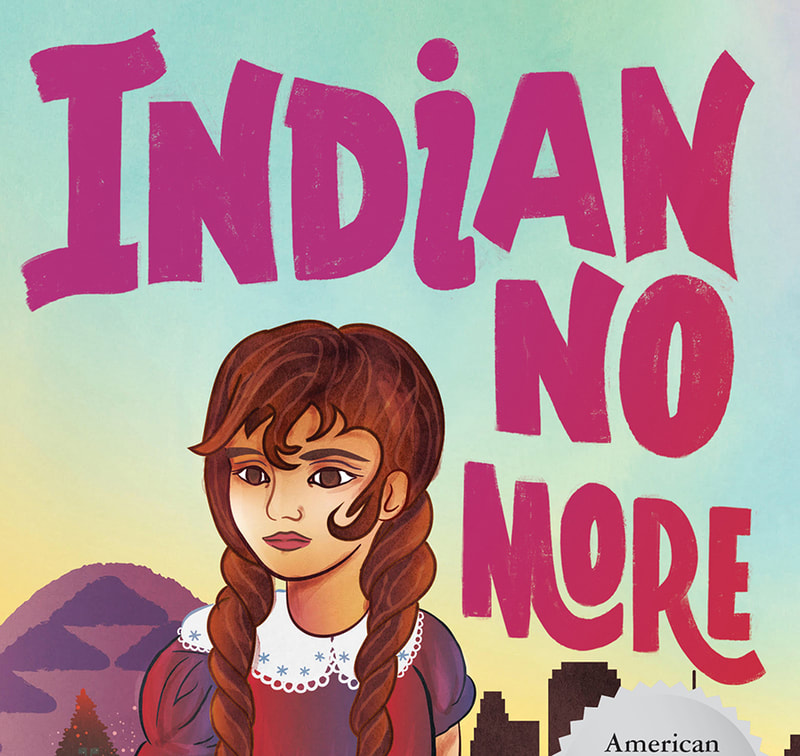
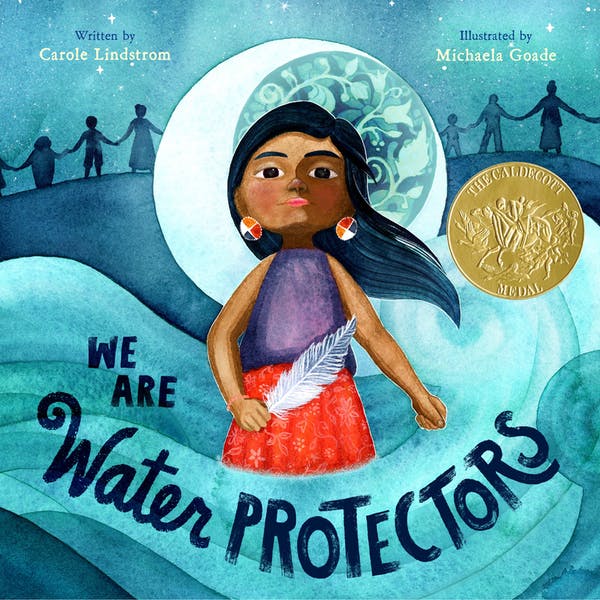
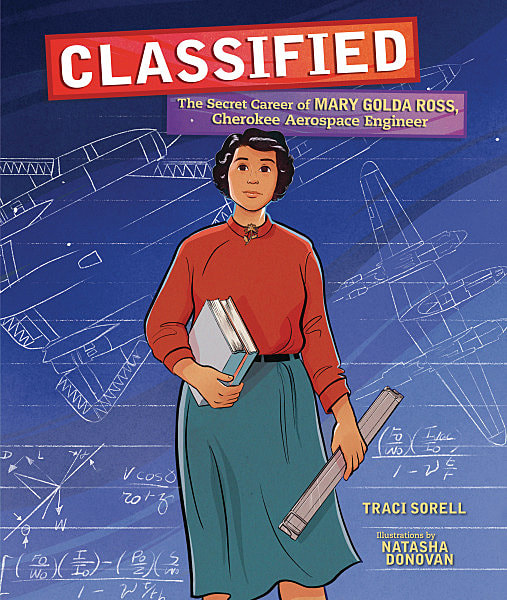
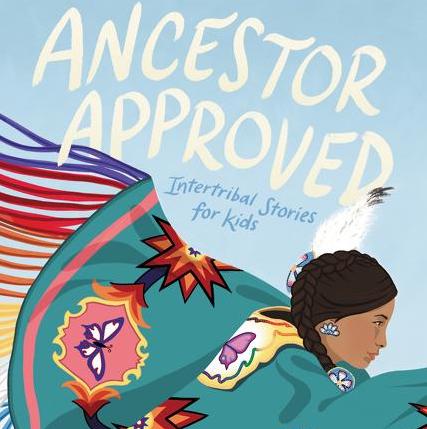
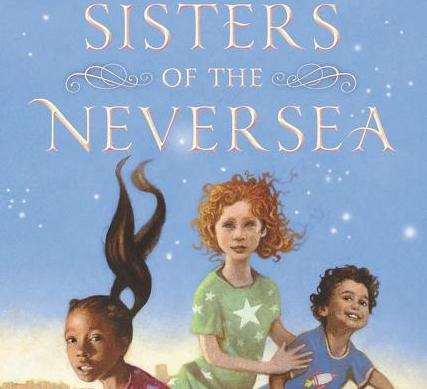
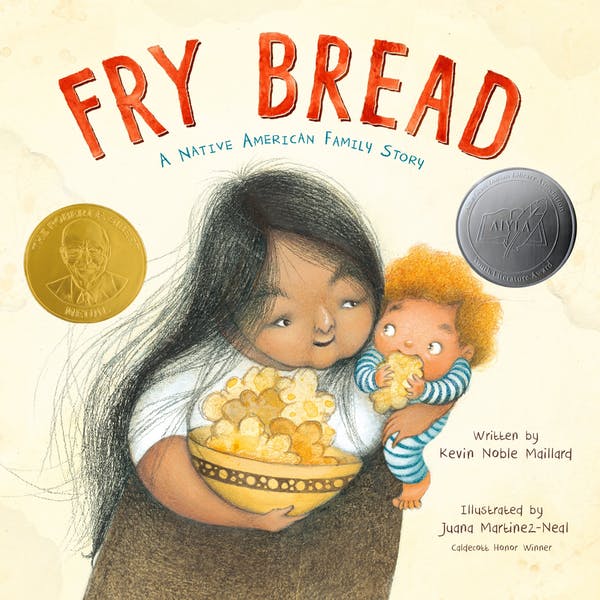
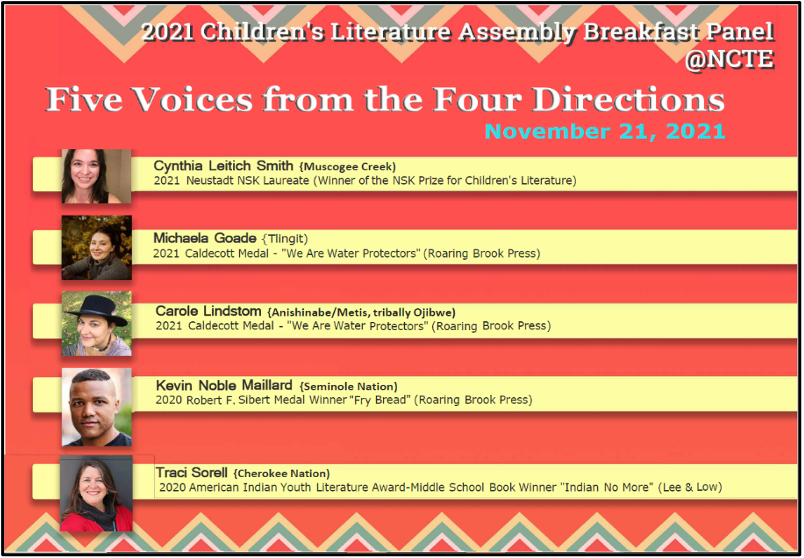
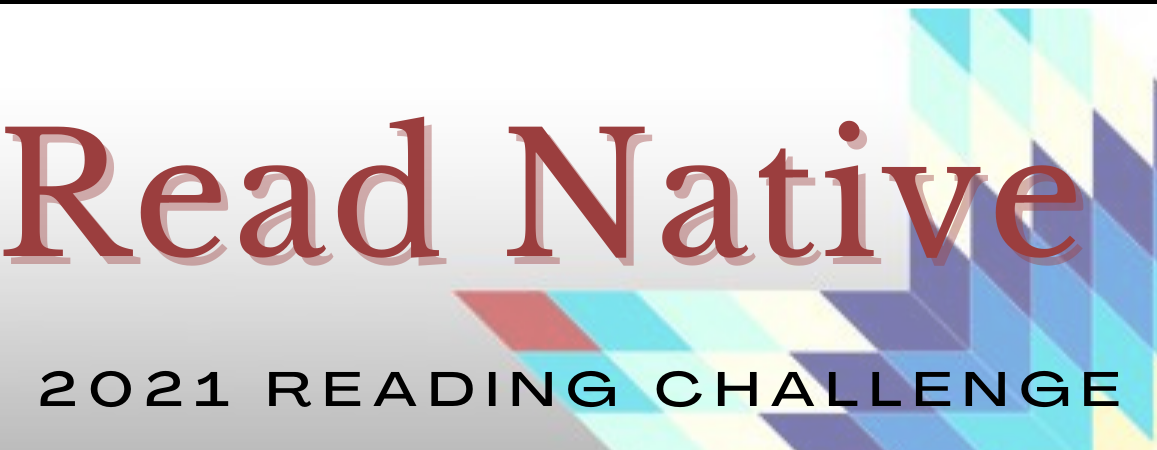
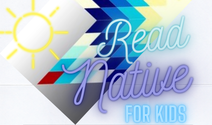
 RSS Feed
RSS Feed